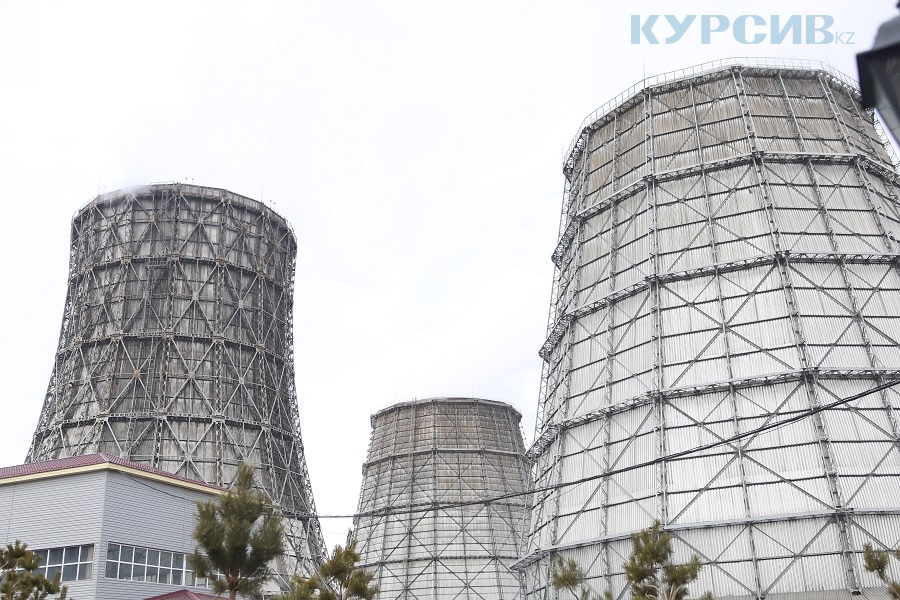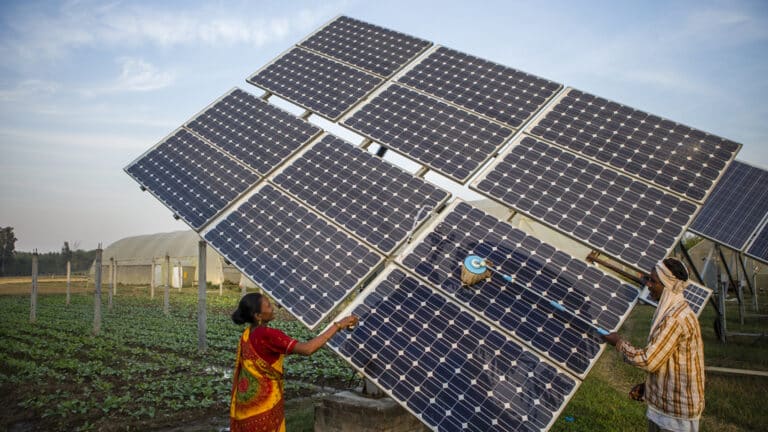
ADB is going to identify those thermal power stations that can be switched off or converted to more eco-friendly fuel / Kursiv.Media
The Asian Development Bank (ADB) has initiated the development of a feasibility study to identify coal power stations and thermal power plants in Kazakhstan that might be switched off before their end-of-life. It also revealed a possible timeframe for such a study.
«The feasibility study for Indonesia, Vietnam and the Philippines was conducted during the period from February 2021 to December 2021. In Pakistan, a similar study started in October 2022 and is expected to be over in July this year. In Kazakhstan we are expecting to get the final results of the preliminary feasibility study in July 2023,» the ADB told Kursiv.Media.
Once the pre-feasibility study is over, a full feasibility analysis of the energy sector in Kazakhstan and its legal framework will be needed. During this type of analysis, the country is expected to identify facilities that might be shut down or converted to cleaner sources of energy.
The ADB has already done this in Indonesia where the international institute signed memorandums of understanding with Cirebon Electric Power and several other companies. The pre-feasibility study that was conducted in this country suggests the early shutdown of a 660 Megawatt coal power station in Western Java. Once this station is closed, it will serve as a role model for similar coal power stations in other regions.
In other words, Kazakhstan will need about a year before it will be able to launch this project for real. According to ADB, Kazakhstan is ranked 8th in terms of global coal reserves (25 billion tons). As a result, the country produces roughly 70% of its electricity at the expense of coal burning. The energy sector, including the production of heat and electricity, accounts for 80% of carbon emissions in Kazakhstan. Now, the country is aimed at cutting its emissions by 15% by 2030 with the ultimate goal of carbon neutrality by 2060.
So far, Kazakhstan relies heavily on coal (80%), natural gas (15%) and heating oil (5%). There are more than 2,500 thermal power facilities in the country, including 118 plants with a capacity of more than 118 Gigacalories.
Renewable energy sources in Kazakhstan produced 1.5 billion Kilowatts of energy in Q1 2023, which is 58% more than in the same period last year. In 2022, the renewable energy sector reported a 21.1% increase in output to 5.1 billion Kilowatts. As of today, the sector accounts for 4.53% of all electricity that is produced in the country. In 2021, this rate was 3.6%, 3% in 2020, 2.3% in 2019, 1.26% in 2018, 1.08% in 2017 and just 1% in 2016.
Kazakhstan has officially declared that it aims to raise renewable energy’s share to 10% by 2030 and 50% by 2050.













